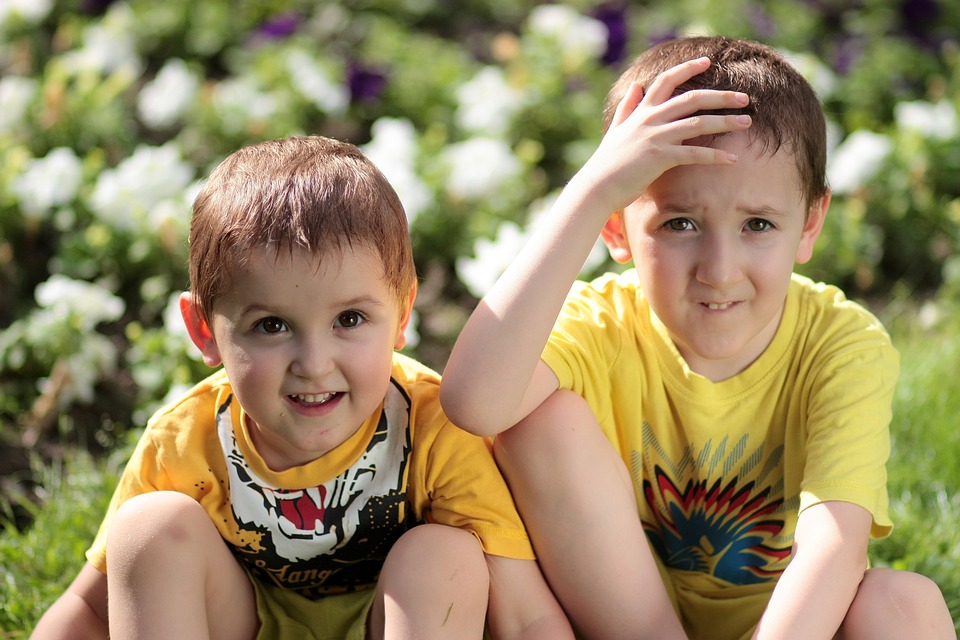Scientists believe they may now know why gay men tend to have more older brothers. A new paper in the Proceedings of the National Academy of Sciences by Anthony Bogaert—the culmination of more than 20 years of research—shows that antibodies to one particular protein may be responsible.
Bogaert, a human sexuality researcher at Brock University in Canada, first began looking at what is now known as the “older brother effect” in 1996. Basically, what Bogaert and his collaborators found is that having older brothers increases the chances a man will be gay. In 2006, they published a study showing that each additional brother increased the chances a man would be gay by about 30 percent; Popular Science reported on those findings.
“We didn’t know what the mechanism was—what was, in fact, behind it,” Bogaert told Newsweek. “But we did posit a biological mechanism in those early papers.”
That mechanism is confirmed in this latest paper. He and other researchers began looking at factors that might influence a male child before he is even born. One of those factors was the antibodies produced in a mother’s body as a reaction to a protein made by a male fetus.
This protein, NLGN4Y, is thought to be linked with the way that neurons in the brain connect with each other during development. Turns out that of the more than 100 mothers involved in Bogaert’s latest study, those who have had more than one son have particularly high levels of these antibodies in their blood—especially if one of those sons is gay.



